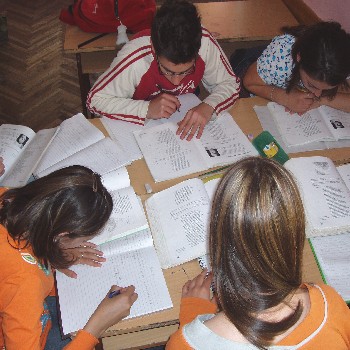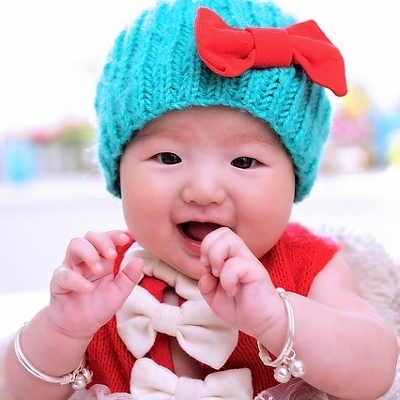 While Montessori preschools are common, there are only a few Montessori elementary schools and usually just in large urban centres. This is unfortunate because with beautiful learning materials and a structured programme to teach academics, many children would benefit from this system. What is the Montessori philosophy and is it appropriate for your child?
While Montessori preschools are common, there are only a few Montessori elementary schools and usually just in large urban centres. This is unfortunate because with beautiful learning materials and a structured programme to teach academics, many children would benefit from this system. What is the Montessori philosophy and is it appropriate for your child?
Maria Montessori (1870 – 1952) was an Italian physician best known for her educational philosophy. Early in her medical career, she worked with children who were disabled due to physical limitations, mental disability or illness. By closely observing the children, she recognized certain developmental stages and devised activities and materials to help master age appropriate skills. The programme was so successful that Montessori extended her philosophy to work with normal children and the first school was opened in Rome in 1907.
“Cosmic education is the term Montessori used to refer to the type of programme for 6 – 12 year olds. Emphasis is placed on the holistic study of the universe including the evolution of life, plants and animals. Children also study the coming of humans and development of civilizations. Montessori believed children need to feel they have a purpose in the world so they can make a contribution to society.
Multi-age groupings of the classrooms are the norm with ages 6 to 9 together and then 9 to 12 year olds. The intention is to encourage learning from peers and foster opportunities for leadership. Teachers are trained to observe the children carefully to see how they can facilitate learning rather than merely act as instructors.
Academic subjects are approached from a variety of angles so the child can see how things are inter-related. For math, stories are told and experiments are carried out to demonstrate how humans used their imaginations to solve problems and create inventions. Children explore math and geometry using high quality hands-on materials.
For the language curriculum, children are told “The Story of Communication in Signs†which extends to the development of the alphabet, grammar and syntax. By having a better understanding of the different parts of speech, hopefully children will have more appreciation for reading and writing. Children are encouraged to read every day either out loud or have someone read to them. Also, children should read from a variety of areas including adventure, myths, fairy tales and non-fiction. For children who need more help learning how to read, there are cut out letters which can be used to help reinforce the names of the alphabet, sounds and forming words.
Dr. Montessori was concerned that children learn practical life skills including Grace and Courtesy lessons. For younger children it is important to know how to introduce yourself or offer a guest a snack. For older children the issues are more complex but the principle remains the same. An issue is introduced, discussed and children role-play appropriate solutions.
Feeling confident in their academic abilities and social skills, hopefully the child will look forward to learning and helping in the community. Yes, children are our future, is this programme right for your child?










